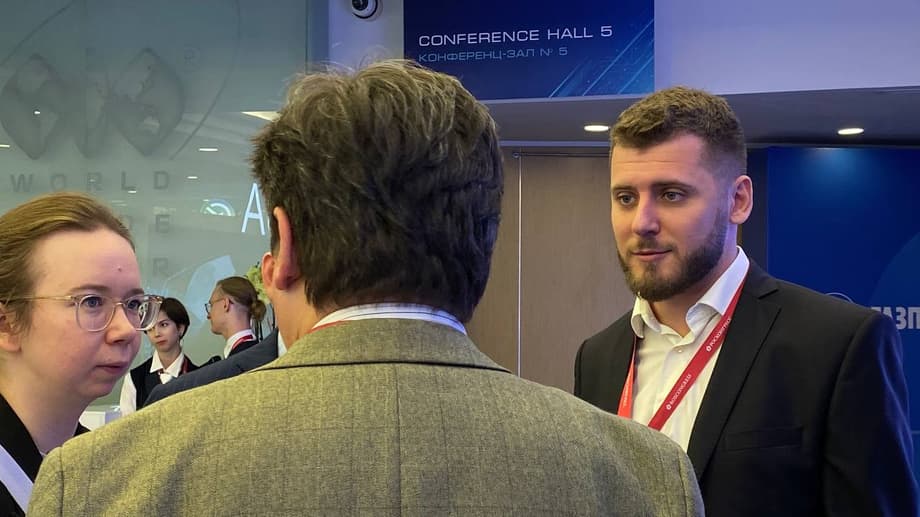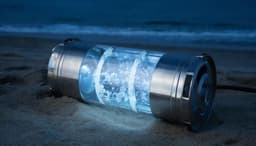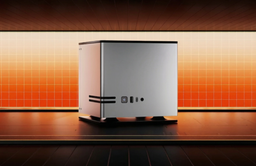Hypersensitive magnetic field sensors are an advanced technology in many fields, in particular in medicine. At the Forum of Future Technologies, which takes place in Moscow from July 9 to 14, Russian scientists presented a development that will help register diseases at the earliest stage, even before symptoms appear. In the future, the device will not only reduce the cost of magnetoencephalography (MEG), but also simplify the procedure itself.
Our brain generates electromagnetic fields. The registration of the electronic component is the basis for a method called EEG. But it has an error in terms of spatial resolution, because electric fields, passing through the skull, are weakened. Therefore, they come to the electrodes weakened. But if we detect magnetic fields using highly sensitive quantum sensors, we can get much more information about this organ

The idea for this development appeared back in the 90s of the last century. But finally - as a product - it took shape in 2016. Funding from a major investor, Gazprombank, helped to start the development. According to the credit institution, the startup received 33 million rubles.
Currently, the QLU project is replicating this technology so that it can be used to solve real problems. According to the expert, this requires building a technological infrastructure and production chains.
At the same time, production can be completely localized in Russia. "Specifically, in our case, highly sensitive electronics, with the supply of which problems may arise, are not needed. We use what is already available in Russia," - summed up the head of the QLU project.
Let us add that the theme of the Forum of Future Technologies in 2023 is the quantum world. Scientists from leading universities and research centers around the world, experts and business representatives gathered to discuss the latest developments and solutions based on quantum technologies. The organizers of the forum are the Roscongress Foundation with the support of the Ministry of Digital Development, Communications and Mass Media of the Russian Federation and the Russian Academy of Sciences.











